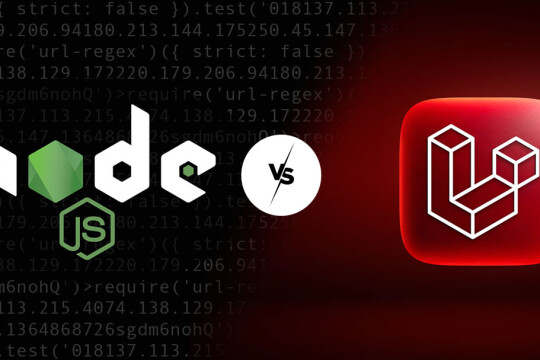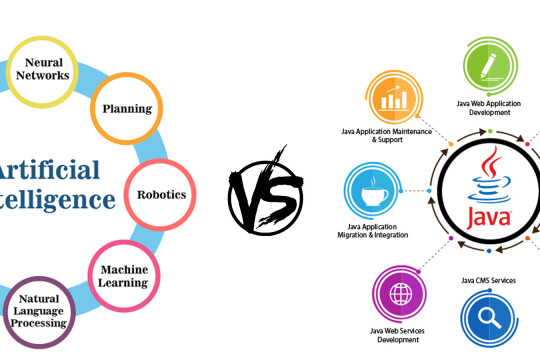A privacy policy is a legal document that outlines how a website or online service collects, uses, and protects personal information provided by its users. It is important for technology-focused community blogs to have a privacy policy because they often collect sensitive information from their users, such as email addresses, usernames, and passwords.
Some common elements that might be included in a privacy policy for a technology-focused community blog like "techtootalk" could include:
Information collection: This section would explain what types of personal information the website collects from its users, such as email addresses, usernames, and passwords.
Use of information: This section would explain how the website uses the personal information collected from its users. For example, it might be used to personalize the user's experience on the website or to send them newsletters or marketing emails.
Sharing of information: This section would explain whether or not the website shares the user's personal information with third parties, such as advertisers or other companies.
Security measures: This section would explain what security measures the website takes to protect the user's personal information from unauthorized access, such as encryption or firewalls.
Cookies: This section would explain how the website uses cookies to track user activity on the site and how users can manage their cookie settings.
Opt-out options: This section would explain how users can opt-out of certain types of data collection or marketing communications.
User-generated content: If the website allows users to create and share content, such as blog posts or comments, the privacy policy should explain how this content may be used and shared by the website.
Third-party services: If the website uses third-party services, such as Google Analytics or social media plugins, the privacy policy should explain how these services collect and use data from the website's users.
Data retention: This section would explain how long the website retains user data and when it is deleted.
Children's privacy: If the website is intended for children or collects information from children, the privacy policy should comply with the Children's Online Privacy Protection Act (COPPA) and explain how it collects and uses data from children under the age of 13.
Jurisdiction: This section would explain what jurisdiction's laws govern the privacy policy and how the website complies with these laws.
Changes to the privacy policy: This section would explain how the website notifies users of changes to the privacy policy and how they can view the most recent version.
It is important for the privacy policy to be clear and easy to understand, so that users can make informed decisions about whether or not to share their personal information with the website. Additionally, the website should regularly review and update its privacy policy to ensure that it remains up-to-date with current privacy laws and best practices.











